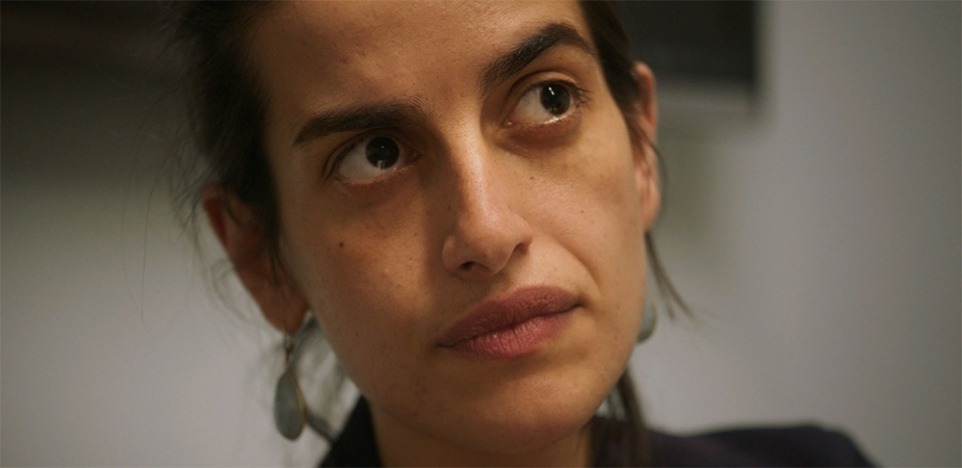Mati is a chaplain doing a year-long residency at New York City’s Mount Sinai Hospital. She is part of a cohort of four chaplains who are working under the supervision of the Rev. David Fleenor. In their meetings, they share what they are feeling, read reports about their patient encounters, and discuss challenges resulting from the stress of the job. David, in turn, meets via Zoom with a consultant who listens as he shares his feelings of inadequacy and even wonders whether he wants to continue doing supervision.
Director Luke Lorentzen got interested in what chaplains do in conversations with his sister, a hospital chaplain. He connected with the pastoral care department at Mount Sinai and spent nearly a year following the chaplains around. In his director’s statement for the press kit, he noted:
“The work of a chaplain is multifaceted but often circles back to attentiveness. It’s about giving loving attention in a space where things are moving so quickly and chaotically. And that attention, despite seeming simple, is overwhelmingly powerful and meaningful. It’s also incredibly challenging to offer and raises big questions for us, but especially spiritual care practitioners. When are you explaining? When are you exploring? When are you listening versus when are you telling? There are these sort of core relational dynamics that I think chaplaincy centers on, and watching the residents learn this craft really drew me in as a filmmaker.”
Lorentzen ended up focusing mainly on Mati, a Jewish chaplain who is honest about how certain encounters can trigger her family trauma in the Holocaust. But she perseveres, reaching out with incredible empathy and caring to a dying man, to a daughter grieving the recent death of her mother, and another woman who has endured multiple sicknesses in the hospital. She is not afraid to get personal; she asks one woman what she is most proud of in her life. In an incredibly moving scene, she joins a young couple whose baby girl, a twin, died. Mati baptizes the body and through prayer assures the parents that her spirit will always be with them and her twin sister.
Mati’s sessions with David are often difficult. He wants her to work on establishing better emotional boundaries, especially since she reports being exhausted. She needs him to respect her decisions and feels his empathy is being replaced by rules.
These people live up to the intentions of their department. They are pastoral, and they are caring. As we witness how hard their work can be, we are struck with the integrity with which they fulfill what they describe as their “calling.” A prayer offered by Mati at the film’s end is one we will carry with us when we visit the sick or experience illness ourselves. Here it is, with our gratitude to Mati:
“God, we thank you for giving us a window into the complexity and intelligence of the human body. . . .
Lord, our God, we ask that you make it clear what is the teaching you wish for us to receive in our suffering.
What is the teaching?
How might we receive it and give it as a blessing to others,
holding and standing our ground with full integrity,
as a way of service to you, as a way of service to spirit,
and as a way to keep our temple alive, breathing, and well?”
